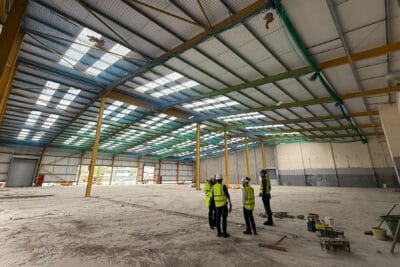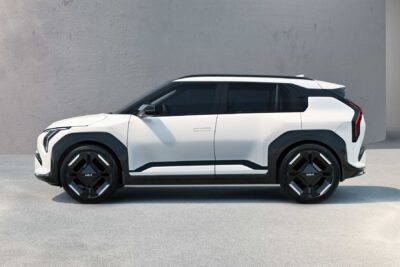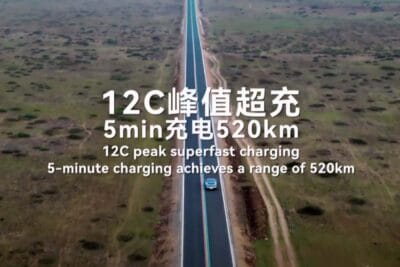InoBat orders battery production equipment to Slovakia
German machine manufacturer Manz has received an order from the Slovakian company InoBat Auto to supply production equipment for setting up a pilot line for stacked lithium-ion pouch cells. A follow-up contract with automotive supplier TE Connectivity is also on the horizon.
In Slovakia, InoBat Auto is planning a battery cell production line with an annual capacity of 100 MWh near the capital Bratislava. The plant is scheduled to go into operation in Voderady at the end of 2021. The gradual expansion of production capacities to 10 GWh is then planned by 2024. The production equipment for this is now to come from Germany. Manz states that the order has a total volume of more than 20 million euros. Manz’s Slovakian engineering and production site will contribute to the order processing.
InoBat will use the factory to compete with LG Chem’s battery production facility in Wroclaw, Poland. By 2024, however, the cell production facilities of Saft and Opel in France and Kaiserslautern are also scheduled to run at 24 GWh per year each. The joint venture of VW and Northvolt also plans to produce cells in Salzgitter from the turn of the year 2023/2024, with up to 16 GWh per year – to name just a few projects.
For Manz CEO Martin Drasch, the order from Slovakia comes at just the right time: “Thus, we are positioning ourselves as a leading European solution provider and development partner in the field of battery technology shortly before the allocation of the European Commission’s large-scale funding projects, so-called Important Projects of Common European Interest (IPCEI). I am convinced that this European initiative will offer Manz even greater potential in the future.” As reported, two battery cell consortia classified as IPCEI are on their way. The former involves 17 companies from seven member states, the latter more than 50 companies from twelve member states.
Irrespective of this, Manz has also signed a letter of intent with the automotive supplier TE Connectivity for a follow-up order in the lower double-digit million euro range. TE had already ordered the first fully integrated production line for the automated assembly of cell contacting systems in 2018 and now plans to expand its cooperation further. The final contract award is expected in the fourth quarter of 2020.
Cell contacting systems connect individual battery cells to form modules, take over current collection and various sensor functions for battery management, such as temperature and voltage measurement. In a battery-powered car, several battery modules are integrated and interconnected depending on size and capacity – each module has its own cell contacting system.





0 Comments